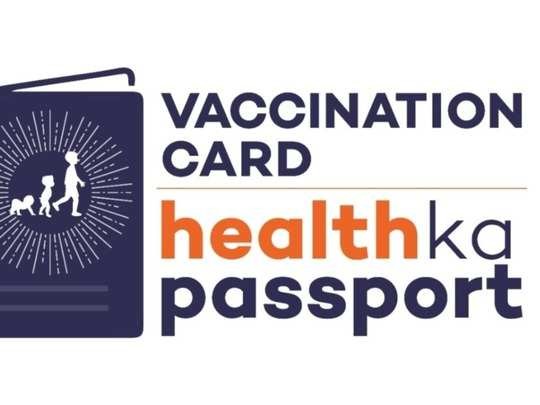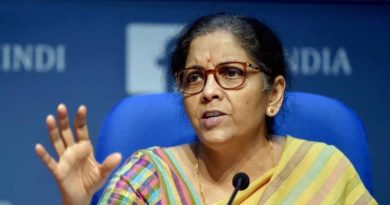Why it’s important for every parent to keep the vaccination card up-to-date
To give full protection to their child as a parent, it is necessary to prioritize the first stage vaccination. Most of your child’s vaccinations are completed between birth and 6 years. Many vaccines are given at different ages, and in combination more than once.
The arrival of new children in life is an exciting time for every parent. Whether it is to raise a newborn baby in your arms or organize your life around the needs of the child, the joys of fatherhood are no less than anyone. Amidst this excitement, parents are often seen facing responsibilities they were not prepared for. Children have a lot of needs, especially when it comes to their health. Many parents remain uncertain when planning vaccinations. When you become a parent for the first time, vaccination of your baby seems to be inevitable.
To give full protection to their child as a parent, it is necessary to prioritize the first stage vaccination. During the early years of life, children’s immune systems are constantly developing, which makes them susceptible to many diseases. With the right immunization, children can be protected from more than a dozen serious diseases. In fact, up-to-date vaccinations are important not only for the child, but for all those who live around him regularly.
Taking care of vaccination:
Most of your child’s vaccinations are completed between birth and 6 years. Many vaccines are given at different ages, and in combination more than once. This means that you have to keep a careful record of every vaccine your child has. Although sometimes your doctor / hospital will monitor, people change cities / doctors, records are lost, and so the person ultimately responsible for keeping an eye on your child’s immunization is you.
Vaccination card: Passport to the child’s good health
To simplify the vaccination process and help parents keep track of their child’s vaccination, having a vaccination card is a must. A widely recommended vaccination card by pediatricians around the world is a useful health record, which contains information about vaccination dates and doses. Often, parents are aware of the importance of vaccination, but miss important vaccinations due to lack of a proper record. The vaccination card at this place serves as an organizational document, in which all types of data are kept in one place, so that parents can monitor their child’s health. Think about your child’s vaccination card and keep it with your other necessary documents. You can download the easy-to-read vaccination card from here.
Why is a vaccination card so important?
The Centers for Disease Control and Prevention (CDC) recommends that children be vaccinated according to the schedule outlined in the immunization card. It is recommended by pediatricians to build immunity in children in a timely manner, which can turn into life-threatening diseases. When children reach a certain age, they become susceptible to certain diseases. So therefore it is necessary to follow a table, which is safe and based on science. Apart from this, it also prevents the child from being taken to the health and care provider repeatedly and also gives the mother an understanding of the control over the health of her child.
Age-wise vaccinations are generally judged by parents judiciously following first-year vaccinations and as their child grows, they tend to be negligent about the upcoming vaccination. The first five years of a child’s life are an important part of their vaccination journey and the vaccines are given below:
At birth: • BCG (Tuberculosus) • hepatitis B • OPV (oral polio vaccine)
Between 6 weeks to 6 months: • DTP, Hib, Hep-B, IPV • PCV (pneumococcal conjugate vaccine) • rotavirus
Between 6-12 months: • Influenza (recommended for children up to 5 years old) • MMR (measles, mumps and rubella) • typhoid • meningococcal #
Between 1-2 years: • hepatitis A • Chickenpox, DTP, Hib, IPV • Pneumococcal • MMR
Between 2-6 years: • meningococcal # • MMR • DTP, IPV Schedule according to the Advisory Committee on Immunization and Immunization Practices, 2020-21 by the Indian Academy of Pediatrics



